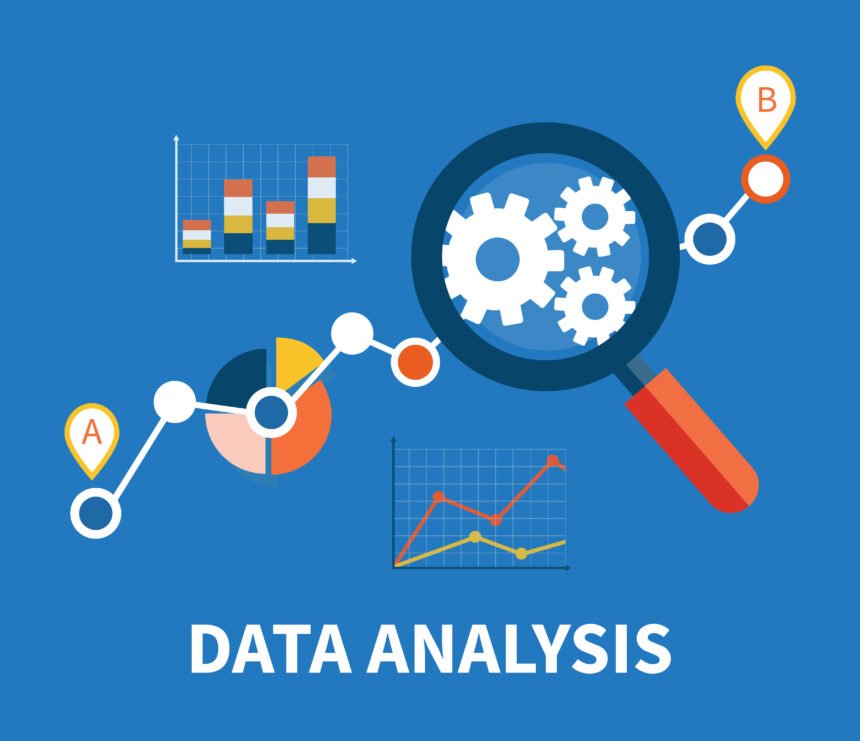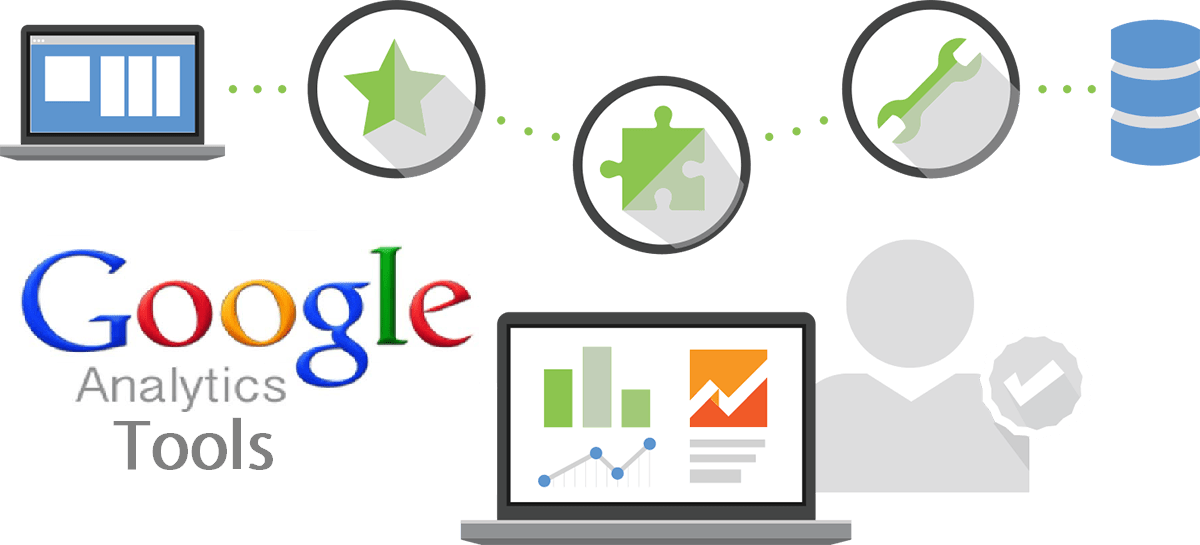Simplify Your Information Administration with Integrated Analytics Tools
Simplify Your Information Administration with Integrated Analytics Tools
Blog Article
Boost Efficiency and Productivity Through Information Analytics
In today's data-driven landscape, organizations are significantly identifying the essential duty of information analytics in enhancing functional effectiveness and profitability. By systematically analyzing information, companies can discover vital insights that educate tactical choices, streamline procedures, and tailor customer experiences (Analytics). The difficulty exists not just in the execution of these logical devices however additionally in understanding just how to convert data into workable results. As we explore the nuances of reliable data-driven approaches, the implications for both short-term gains and long-lasting success come to be progressively clear. What might these insights disclose for your company?
Comprehending Data Analytics
In today's data-driven landscape, understanding information analytics is important for companies intending to enhance operational performance and drive productivity. Information analytics entails the methodical computational evaluation of information sets to discover patterns, correlations, and understandings that educate decision-making. By employing numerous techniques, such as statistical evaluation, artificial intelligence, and predictive modeling, companies can transform raw data right into actionable knowledge.
The procedure normally starts with data collection, where pertinent information is gathered from several resources, consisting of transactional data sources, customer interactions, and market trends. This information is after that cleansed and arranged to guarantee precision and consistency. Once the data is prepared, logical tools and software are utilized to discover and picture the information, enabling stakeholders to recognize fads and abnormalities.
Eventually, comprehending data analytics encourages organizations to make informed choices based upon empirical evidence instead of instinct. It promotes targeted strategies that can optimize resource appropriation, boost customer contentment, and enhance general performance. As services increasingly acknowledge the value of data-driven understandings, a solid understanding of information analytics comes to be an important competency for leaders and teams alike, positioning them for continual success in a competitive atmosphere.

Key Benefits for Organizations
Companies that leverage data analytics can open a wide range of advantages that dramatically boost their procedures and earnings. One of the main advantages is improved decision-making. Information analytics offers workable insights originated from real-time data, permitting organizations to make informed choices that align with market needs and customer choices.

Additionally, data analytics fosters improved consumer experiences. By understanding client actions and preferences, companies can tailor their offerings, causing raised satisfaction and loyalty. This customized strategy frequently leads to higher conversion prices and repeat service.
In addition, data analytics enables businesses to determine emerging patterns and opportunities. By remaining in advance of the curve, companies can maximize brand-new markets and innovations prior to their competitors.
Applying Data-Driven Strategies
Effective execution of data-driven approaches calls for a detailed understanding of both readily available data and business goals sources. Organizations should first define their purposes clearly, guaranteeing positioning between data efforts and critical goals. This quality makes it possible for groups to concentrate on appropriate metrics and insights that drive decision-making.
Top notch browse around this site data is crucial for exact evaluation, as poor data can lead to misguided strategies and thrown away sources - Analytics. Organizations has to develop processes for data collection, cleaning, and monitoring to preserve data stability.
In addition, cultivating a data-driven society is important. Workers at all degrees need to be motivated to leverage data in their everyday operations. Educating workshops and programs can enhance data proficiency, encouraging personnel to make educated choices based on analytical insights.
Devices and Technologies Review
A robust suite of tools and innovations is crucial for companies aiming to harness the full capacity of information analytics. These devices promote the collection, processing, and visualization of information, allowing organizations to acquire workable insights.
At the foundational level, information administration platforms such as SQL databases and NoSQL systems offer reliable information storage and access capabilities. For information processing and evaluation, programming languages like Python and R, in addition to structures such as Apache Glow, make it possible for complex calculations and device learning applications.
Visualization devices, consisting of Tableau and Power BI, transform raw information right into intuitive visual layouts, making insights accessible to stakeholders in all degrees. Furthermore, cloud-based systems like Google Cloud and AWS use scalable storage space and processing services, suiting the expanding quantities of information companies encounter.
For advanced analytics, predictive modeling and AI-driven options are progressively embraced, other allowing business to anticipate patterns and improve decision-making procedures. Integrating these devices into existing process is paramount; companies that efficiently leverage this modern technology can significantly boost functional effectiveness and drive success. Thus, purchasing the right tools and technologies is a tactical crucial for any type of data-driven organization.
Study of Success
Leveraging information analytics has actually led countless companies to achieve exceptional improvements in performance and profitability. One significant instance is a big retail chain that executed anticipating analytics to enhance stock management. By assessing historical sales information and customer trends, the business decreased excess stock by 30%, bring about significant cost savings and boosted capital.
One more instance can be located in the production market, where a leading automotive supplier utilized data analytics to improve its production processes. By monitoring device efficiency in real-time, the company recognized inefficiencies and traffic jams, leading to a 20% boost in overall tools efficiency (OEE) This not just increased manufacturing prices however additionally decreased downtime and upkeep expenses.

These case studies illustrate how data analytics can drive critical decision-making, enhance processes, and ultimately boost both efficiency and success throughout numerous markets.
Verdict
In conclusion, the integration of information analytics into organization operations provides considerable possibilities for enhancing effectiveness and productivity. By methodically analyzing get redirected here data, organizations can identify inadequacies, enhance consumer experiences, and make informed choices.
In today's data-driven landscape, comprehending data analytics is important for companies aiming to improve operational performance and drive earnings. Information analytics entails the methodical computational analysis of data collections to uncover patterns, relationships, and understandings that educate decision-making. Information analytics provides actionable understandings acquired from real-time data, allowing organizations to make enlightened options that line up with market needs and consumer preferences.
Top notch information is essential for accurate evaluation, as bad data can lead to misdirected methods and squandered resources. Organizations has to establish procedures for data collection, cleaning, and management to preserve information stability.
Report this page